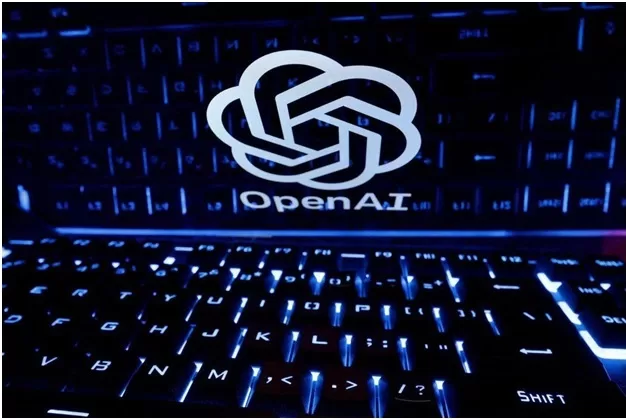Technology
OpenAI Explores In-House AI Chip Production to Tackle Shortages

ChatGPT’s Parent Company Considers Custom Chip Development to Overcome Supply Challenges
In a recent development, OpenAI, the innovator behind ChatGPT, is contemplating the creation of its own artificial intelligence chips, sources reveal. While no final decision has been reached, internal discussions indicate the company’s keen interest in addressing the scarcity of high-end AI chips that it heavily relies upon.
OpenAI‘s options range from producing their AI chips to forging closer partnerships with established chipmakers, such as Nvidia, and even diversifying their supplier base beyond their current reliance on Nvidia (NVDA.O). The move comes as a response to CEO Sam Altman’s prioritization of acquiring additional AI chips, as he has expressed concerns about the shortage of graphics processing units, which Nvidia currently dominates with an 80% global market share.
The urgency to procure more chips stems from Altman’s two-fold concerns: a lack of advanced processors to power OpenAI‘s software and the substantial operational costs associated with the required hardware infrastructure. Since 2020, OpenAI has harnessed its generative AI capabilities on a colossal supercomputer backed by Microsoft, featuring 10,000 of Nvidia’s GPUs.
Running ChatGPT is a resource-intensive endeavor for OpenAI. According to an analysis by Bernstein analyst Stacy Rasgon, each query costs approximately 4 cents. If ChatGPT‘s query volume reaches a tenth of Google‘s scale, it would entail an initial investment of about $48.1 billion in GPUs and an annual expenditure of approximately $16 billion in chips.
Should OpenAI pursue in-house chip development, it would align them with tech giants like Google and Amazon, who have ventured into designing chips integral to their operations. However, this strategic shift would demand a substantial investment, potentially amounting to hundreds of millions of dollars annually. Success is not guaranteed, even with dedicated resources.
Consideration for an acquisition in the chip industry has also been on OpenAI‘s radar, akin to Amazon’s acquisition of Annapurna Labs in 2015, which expedited their custom chip development.
While the identity of the acquisition target remains undisclosed, if OpenAI proceeds with their custom chip endeavour, it is expected to be a multi-year undertaking. During this period, the company would remain reliant on commercial providers like Nvidia and Advanced Micro Devices (AMD.O).
Notably, some major tech companies have embarked on their own processor projects, albeit with mixed results. Meta, for instance, faced setbacks with their custom chip initiative, prompting them to reevaluate and design a newer chip capable of handling a wide spectrum of AI tasks.
Additionally, OpenAI’s primary supporter, Microsoft, is reportedly in the process of developing a bespoke AI chip for testing by OpenAI, signalling potential shifts in their partnership dynamics.
Since the launch of ChatGPT, there has been a surge in demand for specialized AI chips. These AI accelerators are imperative for training and executing the latest generative AI technology, an area where Nvidia holds a dominant market position. OpenAI‘s exploration of custom chip production showcases their commitment to innovation in overcoming supply chain challenges.























































